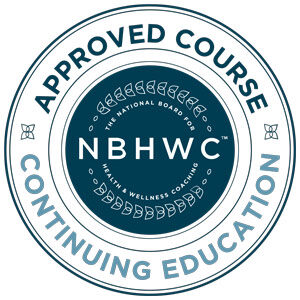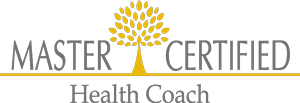Zig Ziglar once said, “The fact is that you can’t hit a target that you can’t see. If you don’t know where you’re going, you will probably end up somewhere else. You have to have goals.”
Most people understand that setting goals is important for making progress; however, the overwhelming majority of people struggle with the goal-setting process, especially when it comes to improving their health. Even in my weekly sessions where I ask my clients to write a specific goal based on the knowledge gained from that specific lesson in the specific space provided in the book, yet many cannot think of a specific goal or action item to implement. I usually need to guide the goal setting time for the client to choose. Why is this? Have I not been clear in my teaching, has it been too broad of a focus? I am learning and growing too, so it could very well be me!
According to psychologists and my Master Certification training, it is absolutely critical for us to set goals for ourselves, and they must be goals that are S.M.A.R.T.:
- Specific
- Measurable
- Attainable
- Realistic
- Time-based
That’s why my Client Profile and my assessment session is crucial to whether I can work with a client. I think about how clients can begin creating bite-sized goals for themselves each day or week by using a tool that makes goal setting successful. It is not a doing it or not doing do it, it is measurable and time-based since I see clients weekly.
For instance, in addition to outcome-based goals (e.g., losing a certain amount of weight) that specify what you want to happen during a period of time, it is more important to me that we create a list of behavior-based goals. Behaviors (as well as attitudes) are well within your control, and I can help you by identifying specific actions that can be taken to get to the desired outcome. I can’t do these FOR you, but if you will allow me, I can coach your steps in that direction so that YOU can see the measurable benefits.
We can essentially map out your desired outcome by creating step-by-step mini-goals (i.e., a list of behavior-based goals) that slowly but surely take you where you want to be. Here are some examples of behavior-based goals:
- I will get 7 – 8 hours of sleep each night.
- I will go grocery shopping on Sunday to make sure that I have healthy foods for the week.
- I will experiment with one new recipe each week.
- I will eat 1 – 2 servings of vegetables with each meal.
- I will eat a portion of protein with each meal.
- I will drink eight to twelve 8-ounce glasses of water each day.
- I will practice functional fitness daily.
- I will choose kindness and gratitude.
- I will pack my lunch bag and gym bag the night before.
- I will take a different route home so that I’m not tempted by ‘x’ fast food restaurant.
By listing behavior-based goals, you emphasize the process, and you acknowledge that you are in the driver’s seat. Notice how the behaviors are specific, measurable, attainable, realistic, and time-based—in most cases, they are daily actions. Ask yourself, what’s one thing that I can do right now, today, to help me achieve the desired outcome?
Join my new Zoom Zone! I am leading small groups for 30 days of “Strength Training.” Where we will focus discussion and training on physical and mental health and fitness! Do you want in? Just email me! Let’s Zoom together – no need to leave home. Just be at your computer weekly at a specific time and we will spend 50 minutes together. Cost is only $5 a call! We will Write down your goals—both your outcome- and behavior-based goals—and carry the journal with you. Set new goals in the morning (as part of your health journey) to remind yourself of what you want to accomplish and how you will do it. Review them again in the evening to see how you did, what you did well, and where you might be able to improve. Do this for 30 days. I am now asking clients to buy a journal to record thoughts, feelings, actions, highs and lows so that we can really talk about specifics during our sessions.
Remember, it’s about progress, not perfection. Good nutrition, improved health, and optimal performance require patience and practice, and you can only get there if you clearly visualize the target that you aim to hit so that you know exactly where you want to go, and I will do all that is in my scope of practice to help you to get there.









Follow Me